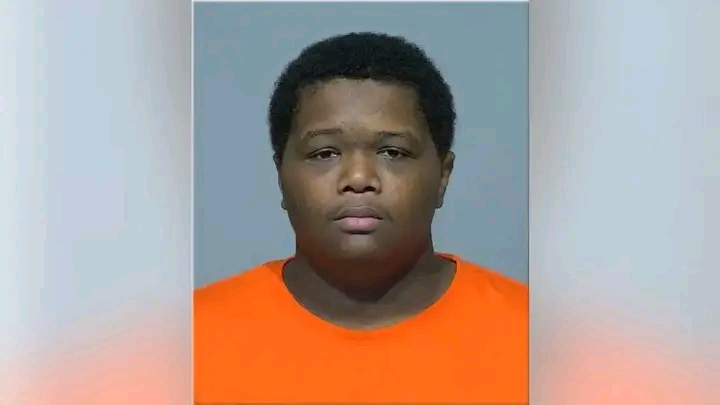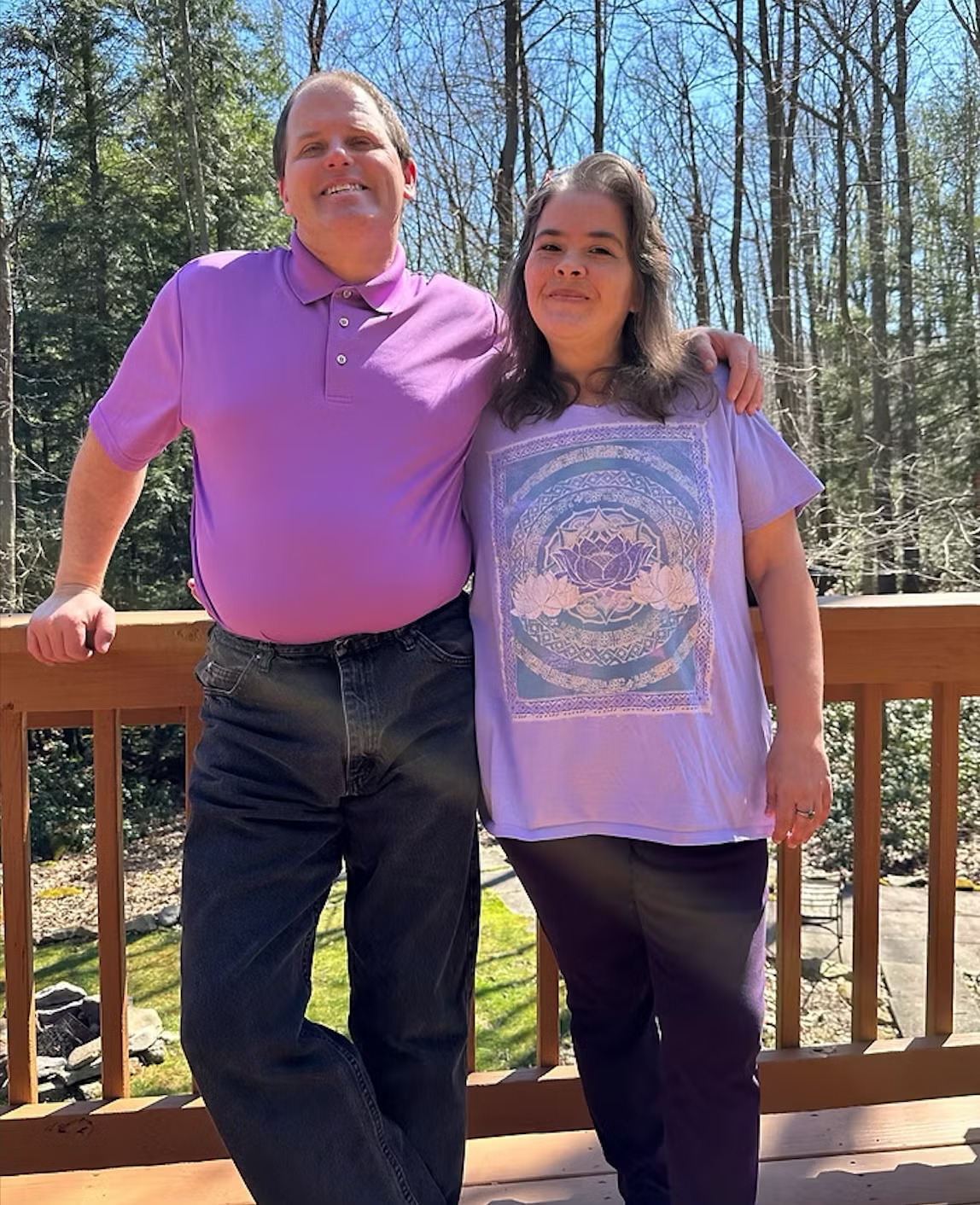Milwaukee, WI — Corey Williams Faces Second-Degree Reckless Homicide Charges Following Fatal Family Incident Amid Claims of Self-Defense
Milwaukee, Wisconsin — The city of Milwaukee is grappling with a deeply tragic and complex family incident that unfolded on July 2, 2025. Corey Williams, an 18-year-old resident, now faces second-degree reckless homicide charges following the fatal shooting of his 47-year-old father near the intersection of 11th Street and Atkinson Avenue. What began as a routine family visit escalated into a heartbreaking confrontation, bringing to light issues of self-defense, domestic challenges, and long-standing trauma.
The Incident: A Family Visit Turns Tragic
According to Milwaukee police reports, Corey Williams and his father had arranged to meet on the afternoon of July 2 at a residence near the intersection where the incident ultimately occurred. Witnesses and initial investigations indicate that tensions between the two men, reportedly simmering for some time, escalated quickly during the visit.
Neighbors reported hearing raised voices and a disturbance that drew the attention of nearby residents. Emergency services were contacted and responded swiftly, arriving on the scene to find the father critically injured from a gunshot wound. Despite immediate medical intervention, he later passed away at a local hospital.
Corey Williams was taken into custody at the scene and is currently facing second-degree reckless homicide charges. The case has since sparked a legal battle with significant emotional and psychological undertones, as the defendant claims the shooting was an act of self-defense amid a history of domestic abuse.
The Legal Battle: Self-Defense and Complex Family Dynamics
Corey Williams’ defense asserts that the young man acted in self-defense after enduring years of physical and emotional abuse from his father. Legal representatives have described the shooting as a tragic outcome of prolonged domestic conflict and trauma that left Corey with no safe options in the moment.
Statements released by Corey’s attorneys emphasize that this case raises important questions about the intersections of self-defense law, family violence, and the impacts of trauma on decision-making during moments of crisis.
“The evidence will show that Corey Williams was not seeking confrontation but was forced into a desperate act to protect himself from harm,” said one defense spokesperson. “This case is about more than the immediate incident; it’s about recognizing the realities faced by victims of domestic abuse.”
Community Reactions and Support
The incident has elicited strong reactions throughout Milwaukee’s community, with many expressing sorrow over the loss and concern about the underlying issues of domestic violence and family trauma. Local advocates and community organizations have called for increased awareness, better support systems for victims of abuse, and nuanced approaches to justice that consider the full context of such cases.
Supporters of Corey Williams have organized vigils and community discussions aimed at highlighting the challenges faced by individuals who find themselves trapped in abusive family situations. These gatherings underscore the community’s desire to promote healing, understanding, and systemic change.
At the same time, the tragedy has also prompted calls for careful and thorough legal examination to ensure that justice is served for all parties involved. The case is seen by many as a difficult but necessary reckoning with the complexities of family violence and legal accountability.
The Broader Issue of Domestic Abuse and Its Impact
Domestic abuse remains a pervasive issue across many communities, and this case sheds light on the urgent need for comprehensive resources and interventions. Experts note that individuals experiencing abuse often face limited options and may find themselves in situations where self-defense becomes a last resort.
In Milwaukee and across the nation, efforts are ongoing to improve access to counseling, shelters, and legal protections for victims. Advocates emphasize the importance of early intervention and education to prevent such tragedies from occurring.
The Corey Williams case serves as a sobering reminder of the often-hidden struggles within families and the devastating consequences that can arise without adequate support and intervention.
The Legal Process Ahead
As the case moves through the judicial system, Corey Williams faces a challenging road ahead. The second-degree reckless homicide charge carries significant legal consequences, and the defense’s self-defense claim will be rigorously examined.
Court hearings are expected to involve testimony from family members, experts in domestic violence, and law enforcement officials. The judge and jury will be tasked with considering not only the facts of the incident but also the broader context of the relationship between Corey and his father.
Legal analysts suggest that this case may also influence future considerations around how the justice system addresses self-defense claims in the context of domestic abuse, potentially setting important precedents.
Remembering the Father
While the focus is often on the legal battle, it is important to acknowledge the human loss experienced by both families involved. The father, a 47-year-old man whose life was cut short, is remembered by some as a complex figure, with a life that included struggles and relationships that shaped those around him.
Community members and family mourners continue to grapple with the pain of this tragedy, seeking answers and ways to heal. Memorial services have been held, and discussions around reconciliation and understanding remain ongoing among relatives and friends.
Moving Forward: Healing and Prevention
This heartbreaking case highlights the critical need for community-based efforts to address domestic abuse, trauma, and conflict resolution. Mental health professionals and social workers stress that support systems must be strengthened to help families before situations reach such tragic outcomes.
Programs focused on educating youth about healthy relationships, providing resources for conflict mediation, and offering counseling for both victims and perpetrators are vital components of prevention strategies.
Milwaukee’s leaders and community organizations are actively engaged in conversations about how best to prevent similar incidents in the future, recognizing that healing requires a collective and compassionate approach.
How the Community Can Help
Community members are encouraged to support local organizations that provide aid to victims of domestic violence and offer resources for those in crisis. Volunteering, donations, and advocacy can make a significant difference in fostering safer environments.
Furthermore, residents are urged to be vigilant and proactive when they suspect abuse, understanding that early intervention can save lives and prevent tragedies.
Law enforcement and social services continue to collaborate closely to identify and assist at-risk families, ensuring that those in need receive timely help.
The tragic shooting in Milwaukee involving Corey Williams and his father is a stark reminder of the complexities surrounding domestic violence and self-defense claims. As the legal process unfolds, the community reflects on the human cost of such conflicts and the urgent need for greater support, understanding, and prevention.
Through collective effort, education, and compassion, Milwaukee hopes to address the root causes that lead to such tragedies and foster a safer, more supportive environment for all its residents.




